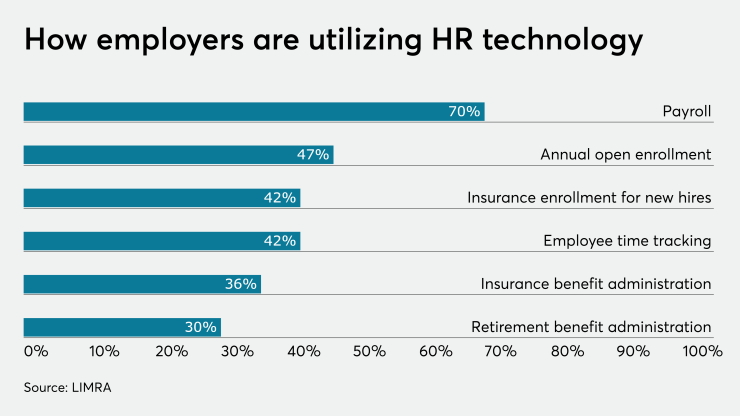Diversity, equity and inclusion initiatives are typically top of mind for HR leaders and talent acquisition teams, yet change has been slow. Even as 2020 shined a spotlight on social injustices and
While we still have a long way to go, initial signs give hope that change is possible when it comes to DEI and certain technologies are paving the way forward. For all the metaphorical fires we have seen over the last year, heightened attention and priority on DEI will be the phoenix that rises from the ashes.
Broadening the talent pool with tech
COVID-19 has disrupted the corporate workforce in ways we haven’t experienced previously. We are at an inflection point that will help determine what the next decade of work will look like and a few significant trends are emerging: the workforce of the future is hybrid and technology is breaking down barriers to enable more diverse recruiting. A recent survey conducted by Brazen found that 57% of respondents do not expect a full return to pre-pandemic office models in 2021. As a
Read more:
Technology offers a real-time solution to improving DEI initiatives, exploring different channels and verticals for recruiting that gives companies access to larger and more diverse talent pools. Many employers recruit from the same handful of schools each year, limited by proximity to their location or the scarcity of their travel budgets. Whether intentional or not, this limits companies’ abilities to diversify their talent pools. For example, a virtual recruiting technology may allow an employer to engage with students from historically black colleges and universities and offer opportunities to more students and diverse universities despite where the organization is located.
The job seeker perspective
Fully remote and hybrid workforces, something that many companies had never considered prior to the pandemic, are offering employees the opportunity to live in places they had not considered previously. It also opens up the talent acquisition pool to more places around the globe. As a result, job seekers can engage with recruiters and broaden their own career horizons by considering jobs within organizations they don’t necessarily live close to, offering more opportunities to job seekers in underrepresented communities.
Read more:
DEI hiring initiatives are on the forefront of talent acquisition teams’ minds as enterprises are held accountable for the lack of diverse talent across many organizations. In 2021 and beyond, organizations will need the correct tools in place to effectively vet, interview and hire top talent remotely. They’ll also need to be transparent and outspoken with their DEI initiatives to attract and retain talent that will upskill and transform their organization for years to come. Remote-enablement technology, such as video communication platforms and virtual career fairs, provide tangible solutions for creating diversity and inclusion across corporate America, helping to reduce high unemployment rates due to COVID-19.
Ultimately, DEI initiatives are not about meeting statistics or trends, but rather connecting more people with career opportunities by breaking down barriers and bringing diverse perspectives to organizations.






